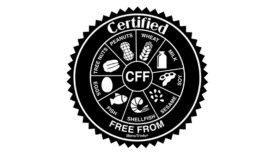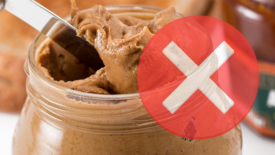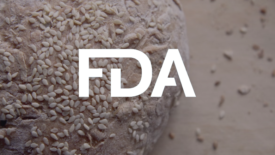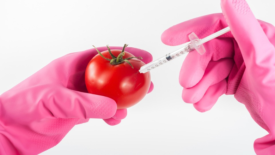Home » allergens
Articles Tagged with ''allergens''
BIZTRACKS
MenuTrinfo’s “Certified Free From” Seal Assures Allergen-Free Label Claims
July 26, 2023
Never miss the latest news and trends driving the food safety industry
eNewsletter | Website | eMagazine
JOIN TODAY!Copyright ©2025. All Rights Reserved BNP Media.
Design, CMS, Hosting & Web Development :: ePublishing









